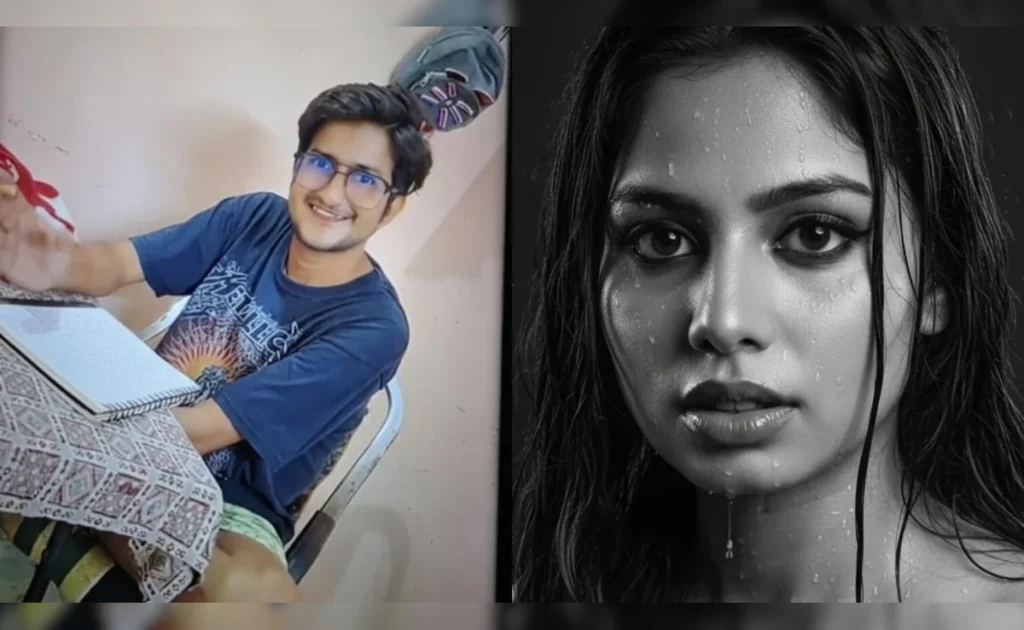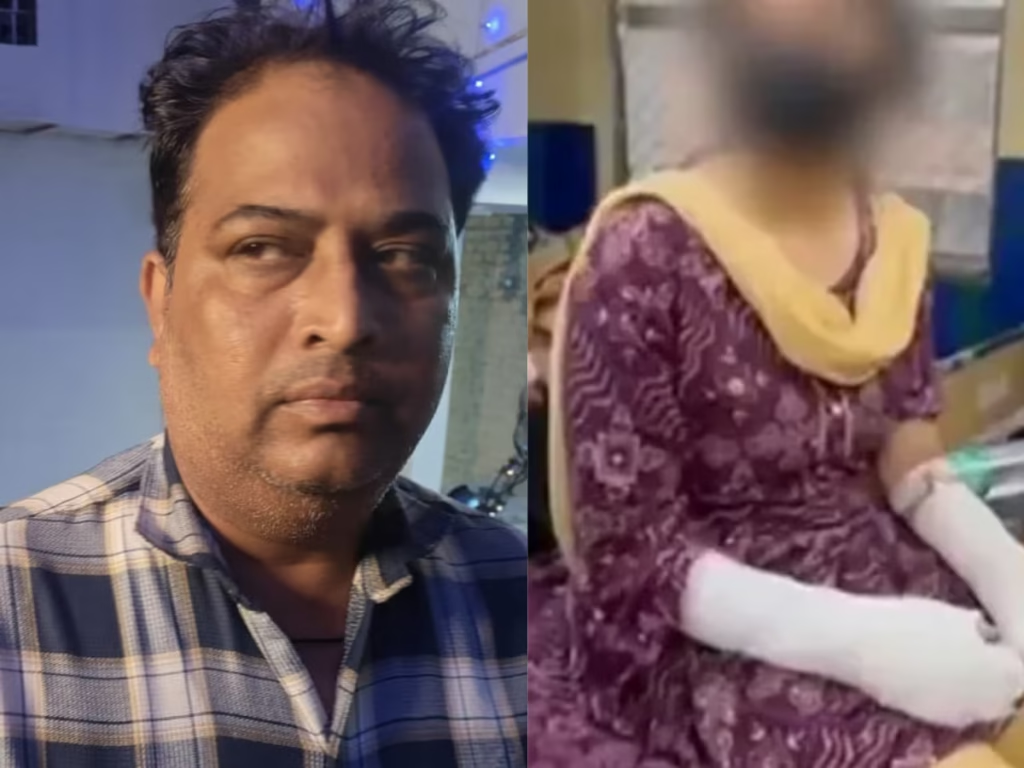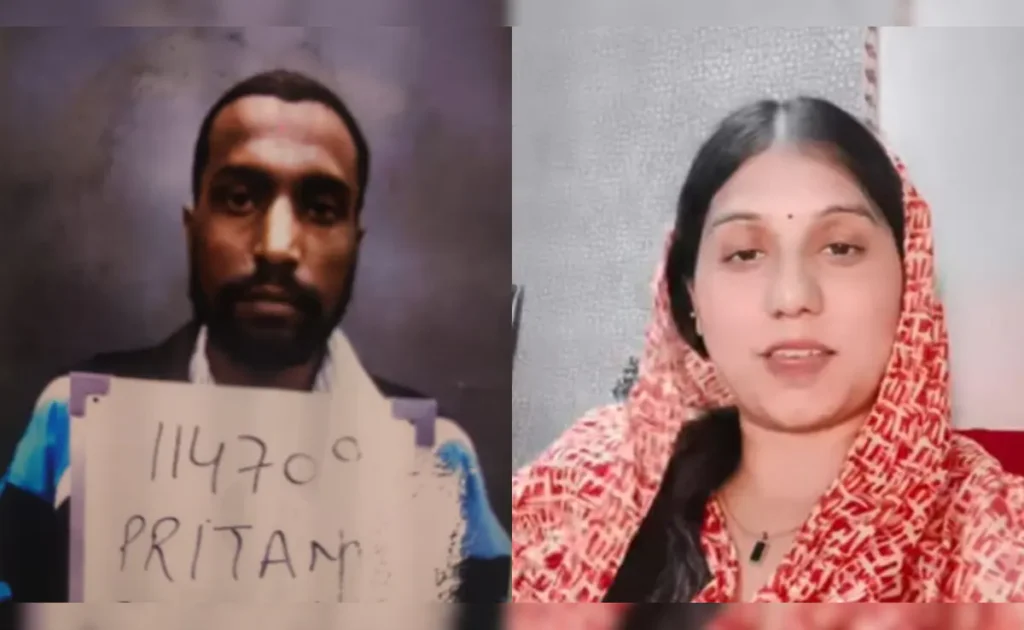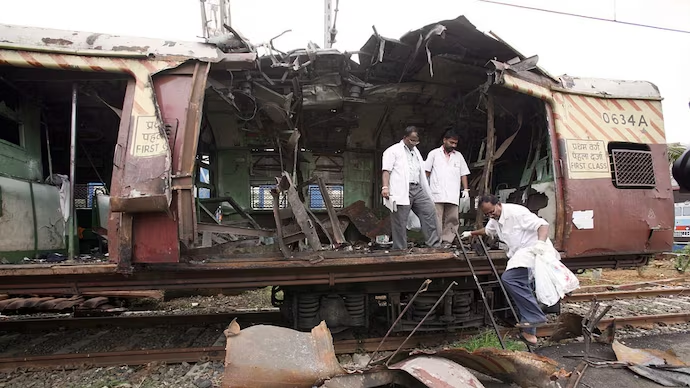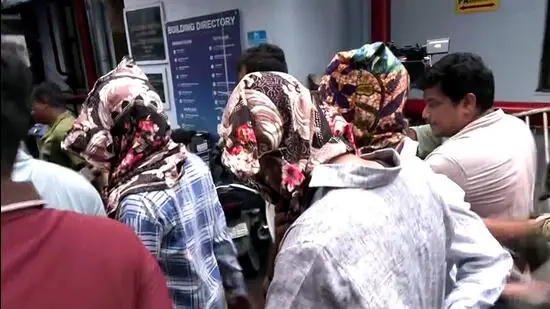Now Reading: Student Suicide at Sharda University Sparks Concern Over Academic Pressure and Mental Health
-
01
Student Suicide at Sharda University Sparks Concern Over Academic Pressure and Mental Health
Student Suicide at Sharda University Sparks Concern Over Academic Pressure and Mental Health

A young student, Jyoti Jhangra, pursuing her B.Ed from Sharda University, died by suicide last week—allegedly after facing humiliation from faculty members. A friend who was with her just hours before the incident has now come forward, revealing that a professor’s sarcastic comment during a staff room visit left Jyoti visibly shaken and in tears for hours. This incident is again raising serious questions about mental health awareness and how universities handle internal conflicts.
What Happened Before the Tragedy
According to Jyoti’s friend, the two students had visited the staff room to submit a project when one of the professors reportedly made a pointed remark: “You sign your own projects too?” The comment, though casual on the surface, deeply affected Jyoti.
Her friend said Jyoti cried for hours afterward and felt she was being unfairly accused of dishonesty. Despite trying to console her, the emotional weight of the situation seemed too much for Jyoti to handle. Later that evening, she was found dead in her hostel room.
Academic Stress and Unspoken Mental Struggles
While official investigations are ongoing, this case sheds light on the growing mental health struggles many students face in academic environments, especially in professional courses like B.Ed, engineering, and medicine.
Tier 2 city students, many of whom come from modest backgrounds and high-pressure family expectations, often lack access to mental health resources or even open spaces to talk about their struggles. In many cases, remarks by faculty—intentional or not—can add fuel to internal stress students are already grappling with.
University’s Response and Investigation So Far
Sharda University has expressed condolences and promised full cooperation with the authorities. An internal inquiry is said to be underway to verify the chain of events. However, the university hasn’t made any public statement acknowledging the emotional impact faculty-student interactions can have, which has triggered backlash from students and alumni alike.
Meanwhile, police are looking into Jyoti’s phone records and conversations to confirm if any other factors contributed to her mental state in the final hours.
Why This Matters
This case isn’t an isolated one. There have been multiple recent reports of students taking drastic steps due to fear of failure, verbal humiliation, or unresolved internal conflicts with teachers. In many institutions, especially private universities, students say they are treated more as customers than learners—where academic performance is expected without empathy.
Mental health cells exist on paper, but they’re either inactive or under-equipped to deal with real issues.
The Bigger Picture
Jyoti’s death has opened a much-needed conversation. Educational spaces must be safe—not just physically, but emotionally. Universities need to re-evaluate how staff interact with students, implement stronger support systems, and ensure that casual remarks don’t carry irreversible consequences.
Until academic pressure is matched with empathy, incidents like these will continue to occur—silently and preventably.








